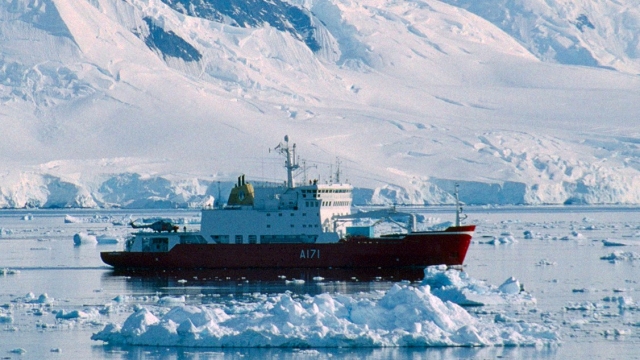
Image: Global Look Press
The paper, published in Nature, is the first to analyse the rate of melting from almost every glacier on the planet – around 200,000 in total, excluding the Greenland and Antarctic ice sheets – to show how they have lost mass and thickness between 2000 and 2019.
Glaciers are currently losing more mass than either the Greenland or Antarctic ice sheets, the study finds, and annual rates of glacier thinning have “nearly doubled” from 36cm in 2000 to 69cm in 2019.
The authors highlight that the accelerating rise in sea levels seen over the 21st century – which is “often attributed to the accelerated loss from both the Greenland ice sheet and Antarctic ice sheet” – is also “substantially” driven by melting glaciers.
The data behind this study really are “a game changer”, says one scientist who was not involved in the study. They tell Carbon Brief that the findings are further “rigorous evidence” of the “urgent need for rapid and collective action” to reduce greenhouse gas emissions.
Glaciers are slow-moving rivers of ice that form from an accumulation of snow over many years. Around 10% of the world’s land surface is currently covered by glaciers, which store around 70% of the Earth’s freshwater. Meltwater from glaciers is expected to be the second biggest contributor to global sea level rise during the 21st century.
The new study was able to use imagery from NASA’s Terra satellite to achieve coverage of 97%. Experts calculate that, between 2000 and 2019, glaciers collectively lost around 267bn tonnes of ice every year. Assuming that all the water from melting glaciers eventually reaches the ocean, this means that meltwater from glaciers alone contributed 0.74mm of sea level rise every year.
This study should be used as “further scientifically rigorous evidence” of “the urgent need for rapid and collective action to reduce the dumping of greenhouse gases in our planet’s atmosphere”.
Source: Carbon Brief
Image: Global Look Press